Test automation is less and less, a topic unknown to all development team managers and their teams. However, it is still a very challenging topic, whether from a technological perspective or in defining how timely its implementation will be.
.gif?width=380&name=giphy%20(10).gif)
The advent of reliable open source tools has dramatically changed the test automation ecosystem, allowing small testing initiatives to be made without compromising project budget, substantially increasing production performance, and being able to work on projects with just one tester. In most situations, gains greater than 70% in operational productivity, considering 10 days and in sprint context (agile).
The possibility of implementing an automation strategy with faster wins has raised test automation to greater democratization. This benefited the testing community, particularly in its skills, increasing technicality and competence, considering that most IT projects have limited budgets, making it impossible to acquire licensing or even training teams in handling previously acquired testing tools.

Obviously, it is in this context that I believe that Robot Framework (open-source platform of end-2-end testing automation and RPA robotization processes) was a cornerstone to creating and driving this movement. Just have in mind that the GIT repository has reviews from over 7000 users, which is massive!
The Robot Framework test automation platform is an all-terrain tool, allowing tremendous flexibility by enabling different test case automation implementation styles, namely keyword-driven, behaviour-driven, and data-driven.
Another distinctive factor to consider is that robot framework libraries were designed with a syntax very close to natural language. For example, the Browser Library (one of the most used for GUI testing) uses the keyword "Open browser" to open a Browser.
Very simple and straightforward, right?










